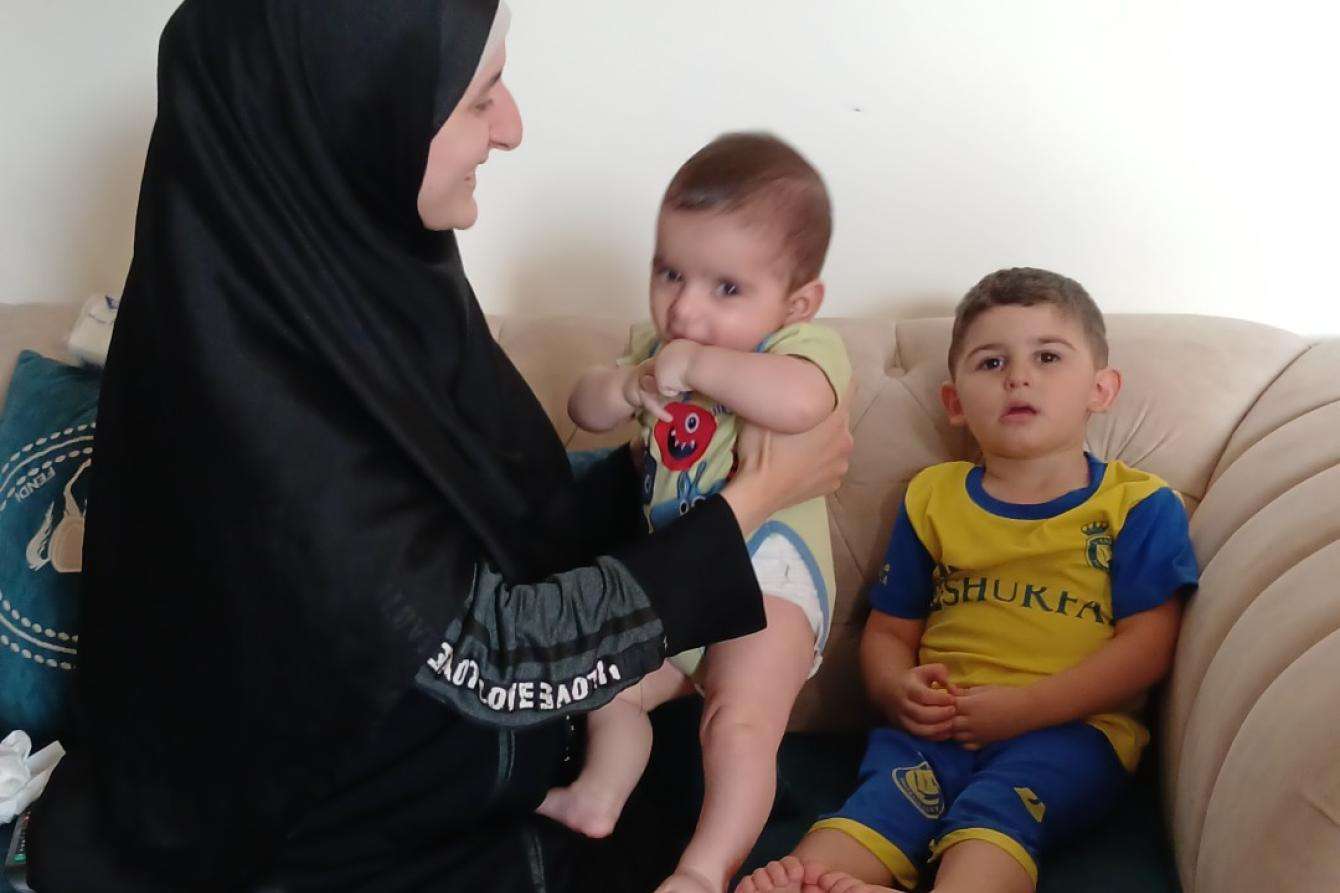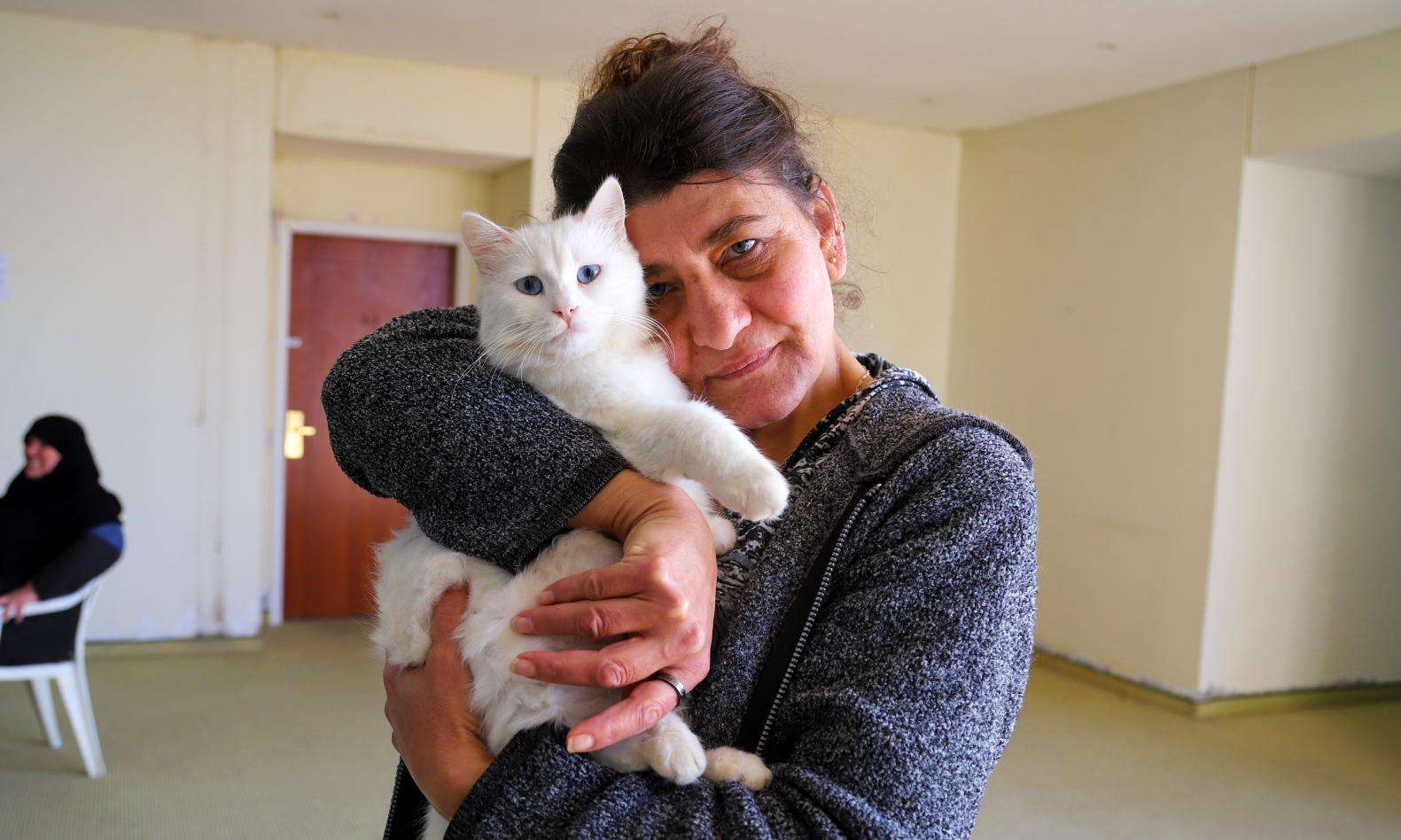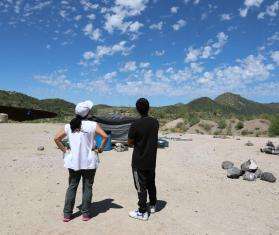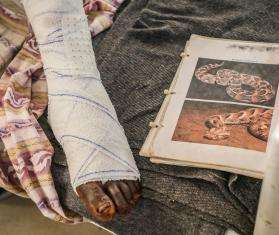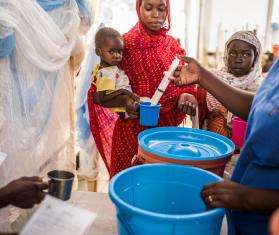As tensions escalate along the border between Israel and Lebanon, where Israeli forces and the militant group Hezbollah have been exchanging fire for nearly nine months, people are facing displacement along with an increasingly strained health system. Lebanon was already in the midst of a dire humanitarian and economic crisis before the current escalation began.
Doctors Without Borders/Médecins Sans Frontières (MSF) mobile medical teams are working in four locations in southern Lebanon, providing medical consultations, medications, and psychosocial support for people displaced by the conflict. Some of the patients we treat share their stories below.
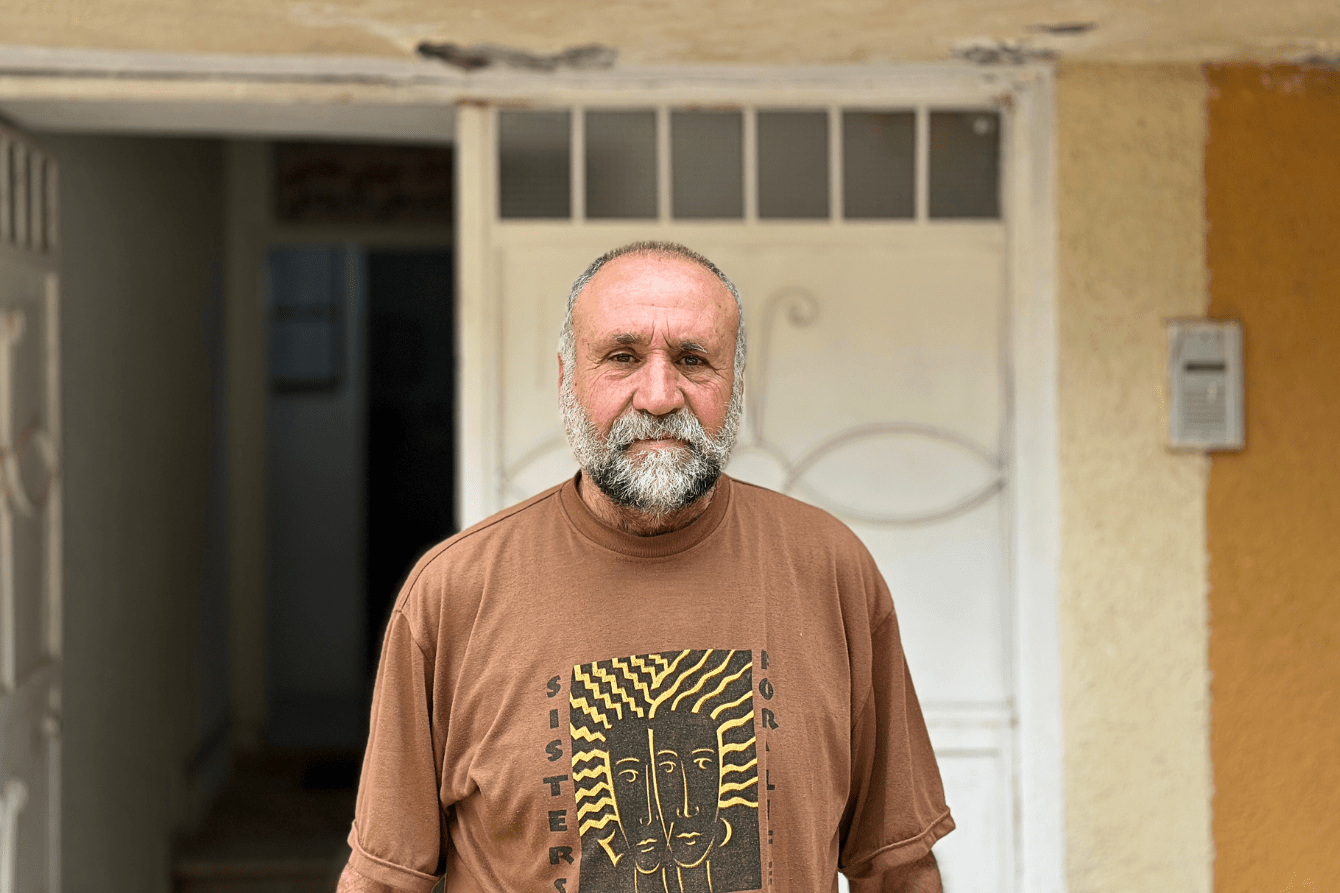
Abu Mohammed
“I came to this center after they told us that MSF would be visiting and providing free medical care, so I came here with my wife to follow up on diabetes and hypertension with the medical doctor and get our medications.
At the beginning of the latest conflict in southern Lebanon, we thought it would be as usual, [lasting] for a few days, maybe weeks, and then it would stop. But when the air strikes intensified, we had to leave our house and farm and move immediately to my relatives in Tayr Felsay. I'm a farmer and I rely on my farm as a source of income.
Being a displaced person isn't new to me. In the six decades of my life, I've experienced displacement four times: in the 80s, 90s, 2006, and now. Each time we return to our homes and rebuild them. My neighbors and friends in Aitaroun have lost their homes, their farms. Some of them have even lost family members as a result of the daily air strikes. Since we arrived here, we haven't found or received any humanitarian assistance from any organization, except for the weekly visits of MSF medical teams to this health center. If it weren't for the solidarity of the people here with us, providing shelter, houses, and food, I don't know where we would end up.”
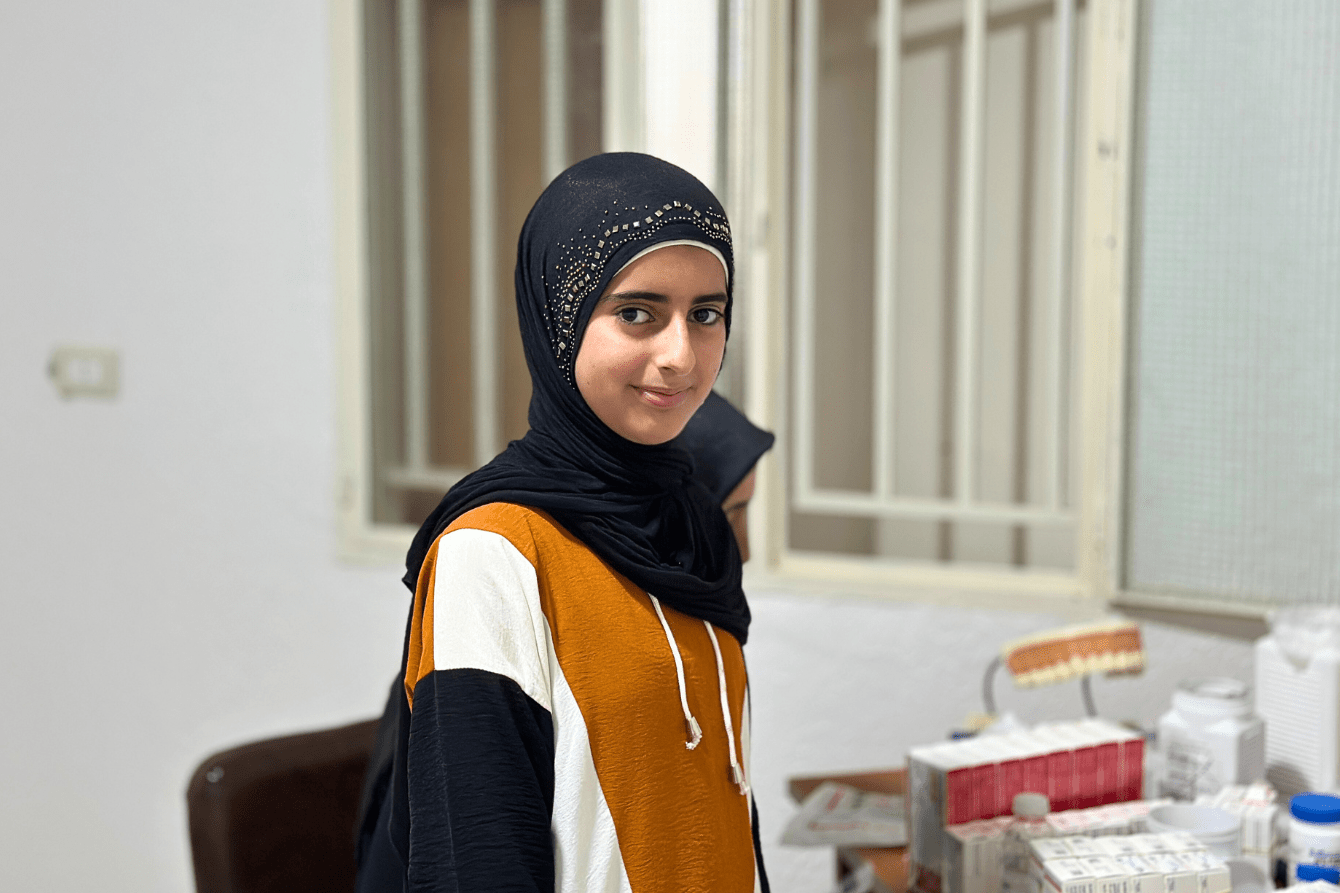
Zahra
“After an airstrike near our house, my family immediately left our village in Aita Al Shaab and moved to Sour, where we stayed for a few days before moving to Tayr Felsay. I've always heard my parents' stories of displacement over the years, and the stories of the previous wars that they witnessed, and I never thought that I would experience them myself.
I miss my old room, my house, [and] my friends. We only communicate online when we get together to study.
I'm finishing 6th grade with online classes, but it's not as much fun as when my classmates and me are in the same place. I'm my mother's fourth child and I came here to get a medical consultation and medication for my cold. I won't forget the sound of the air raid that woke us up that night, and I will wait for the day when I can go back to my old room.”
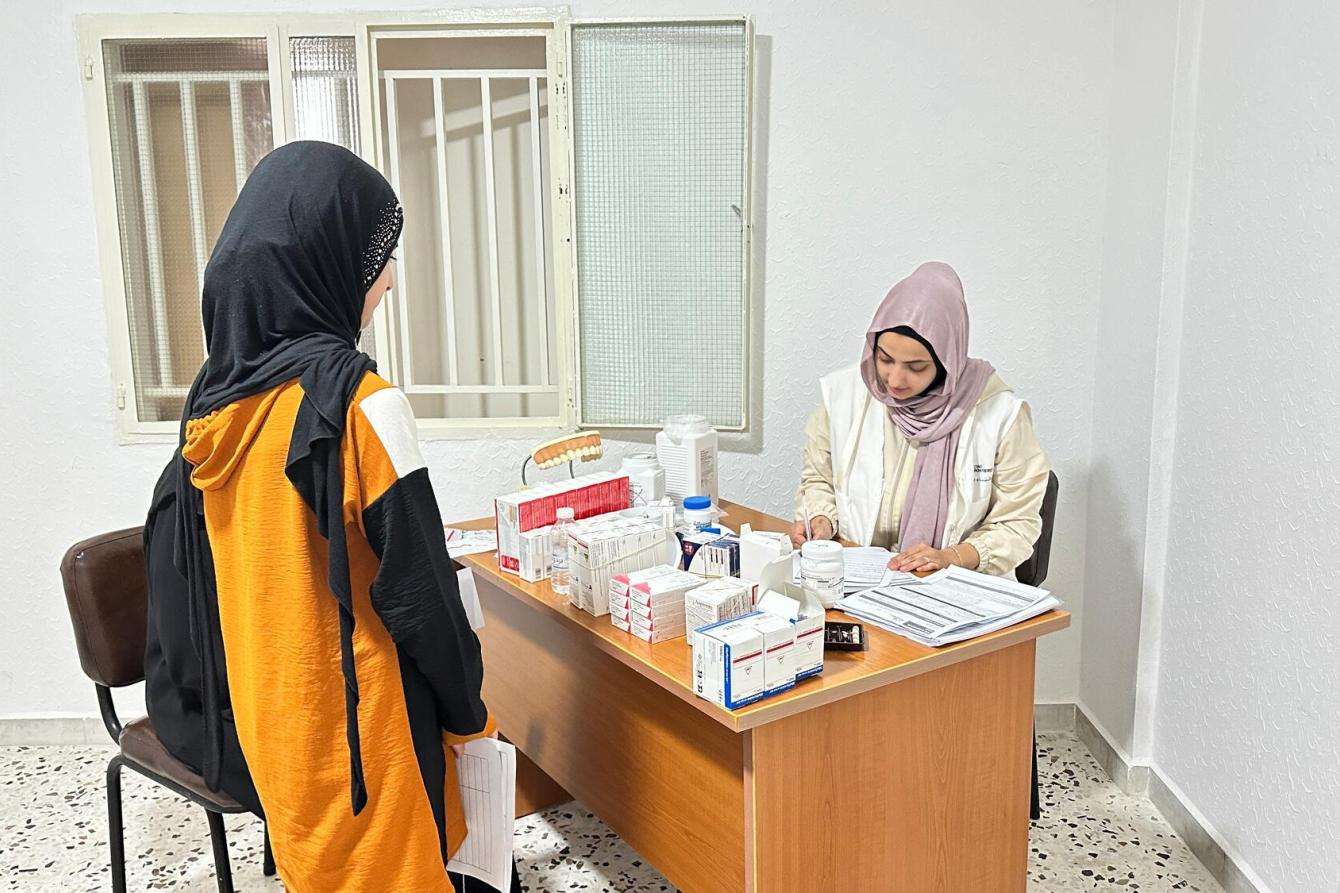
Jumana
Before the conflict in south Lebanon escalated in October 2023, Jumana, who already holds a master’s degree in biochemistry, was remotely pursuing a second master's to become a teacher. Jumana, along with her husband, who is a nurse, and their children, have been internally displaced to the Sour (Tyre) district of Lebanon.
“I left my house after hearing shells falling in the grove opposite the house,” she said. “I only took with me a backpack containing the daily necessities for my little son, who was one-and-a-half years old.”
Before their displacement, the couple owned a chicken coop and cared for hens, giving organic eggs to their friends and family. Among the things they mourned when abandoning their home was the loss of their hens, which now likely have all died.
“The lack of essentials and material things can be exhausting, but it is not as concerning as the children's fear when hearing sonic booms or worrying about where the enemy will target next with an airstrike.”
